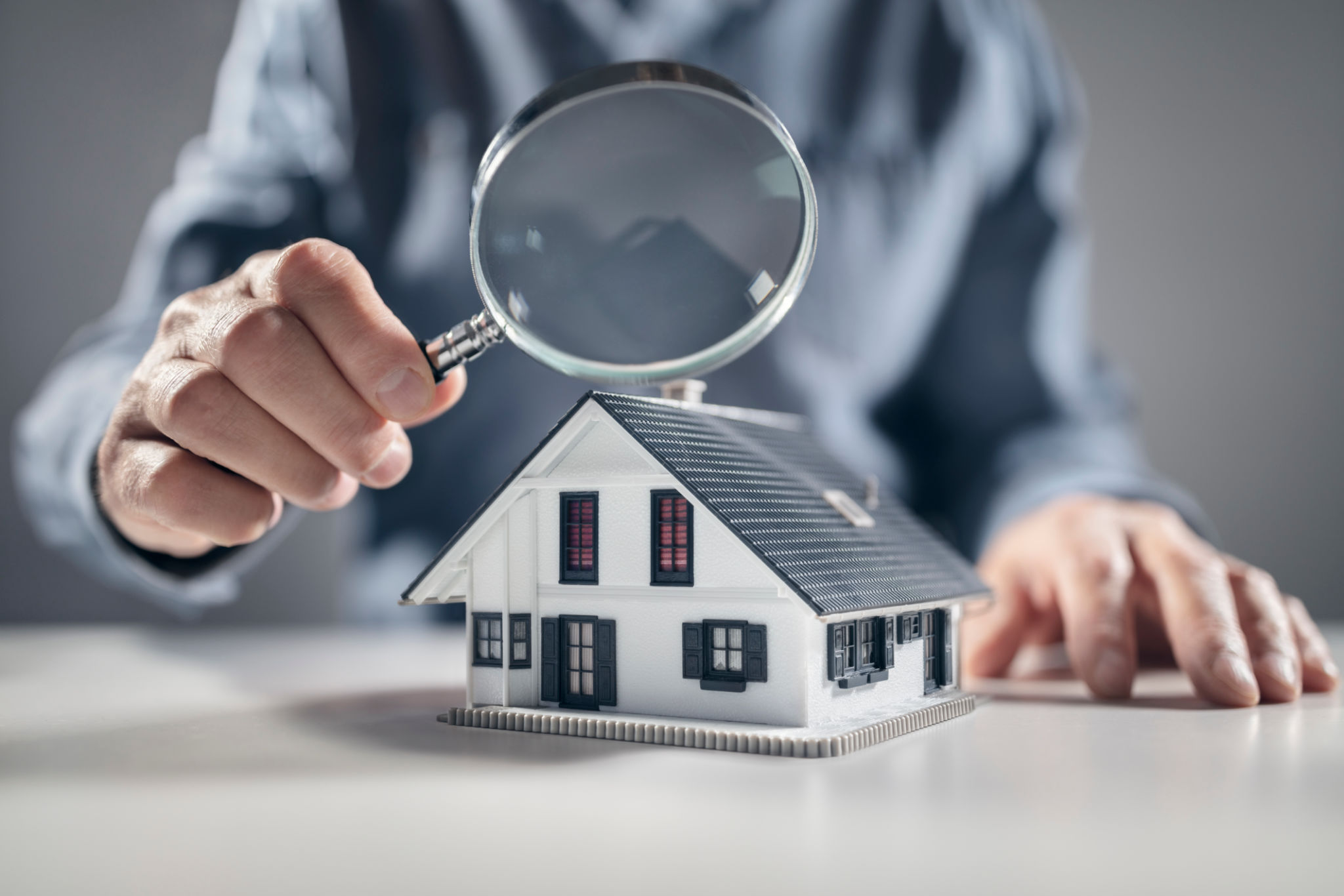Smart Home Inspections: Embracing Technology for Better Results
Introduction to Smart Home Inspections
In recent years, technology has revolutionized many industries, and home inspections are no exception. Smart home inspections leverage cutting-edge tools and devices to provide more accurate and comprehensive evaluations of residential properties. By embracing these innovations, homeowners and inspectors alike can benefit from improved efficiency and enhanced reliability.
The Role of Technology in Home Inspections
Traditional home inspections often rely heavily on manual assessments and visual observations. However, technology introduces a new dimension to this process. With the use of advanced devices such as thermal imaging cameras, drones, and moisture meters, inspectors can detect issues that might be invisible to the naked eye. These tools facilitate a more thorough assessment of a property's condition.

Benefits of Smart Home Inspections
Smart home inspections offer numerous advantages over conventional methods. Here are some of the primary benefits:
- Enhanced Accuracy: Advanced tools provide precise data, reducing the likelihood of oversight.
- Time Efficiency: Automated systems expedite the inspection process, saving time for both inspectors and clients.
- Comprehensive Reporting: Digital reports with multimedia elements offer a clearer understanding of inspection findings.
Innovative Tools in Use
Several modern tools are integral to smart home inspections. Drones, for instance, allow inspectors to safely examine rooftops and other hard-to-reach areas. Thermal imaging cameras can reveal hidden issues like heat loss, moisture intrusion, or electrical faults. Meanwhile, smart sensors can continuously monitor various environmental factors within a home.

Challenges and Considerations
While the benefits are significant, there are also challenges to consider. The initial cost of acquiring these advanced tools can be substantial. Additionally, inspectors must receive proper training to effectively use this technology. It is crucial for industry professionals to stay updated on the latest advancements and best practices to fully leverage the potential of smart home inspections.
The Future of Home Inspections
As technology continues to advance, the future of home inspections looks promising. We can anticipate the integration of artificial intelligence and machine learning to further enhance the accuracy and efficiency of inspections. These technologies could automate data analysis and provide predictive insights, further transforming the industry.

Adopting Smart Inspections for Better Outcomes
For homeowners and real estate professionals, embracing smart home inspections is a wise investment. By choosing inspectors who utilize these technologies, buyers can make more informed decisions, potentially saving money in the long run by identifying issues early. Moreover, sellers can improve their property's marketability by ensuring it is in optimal condition.
Conclusion
Smart home inspections represent a significant step forward in the real estate industry. By incorporating advanced technology into the inspection process, we achieve better results that benefit all parties involved. As these innovations continue to evolve, their adoption will become increasingly essential for maintaining high standards in property evaluation.
